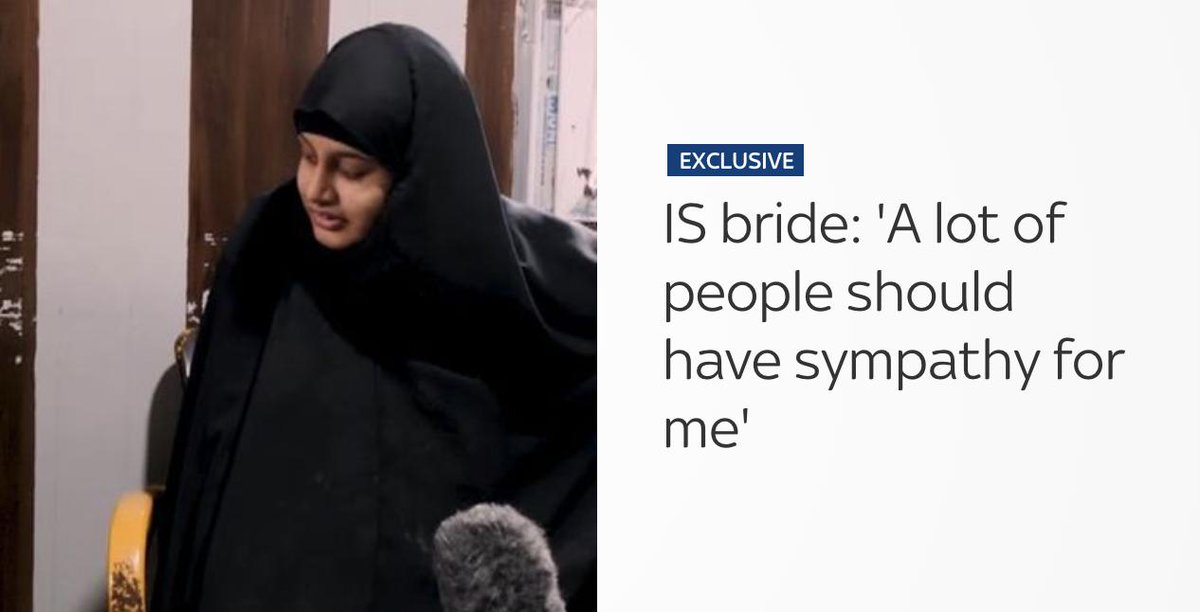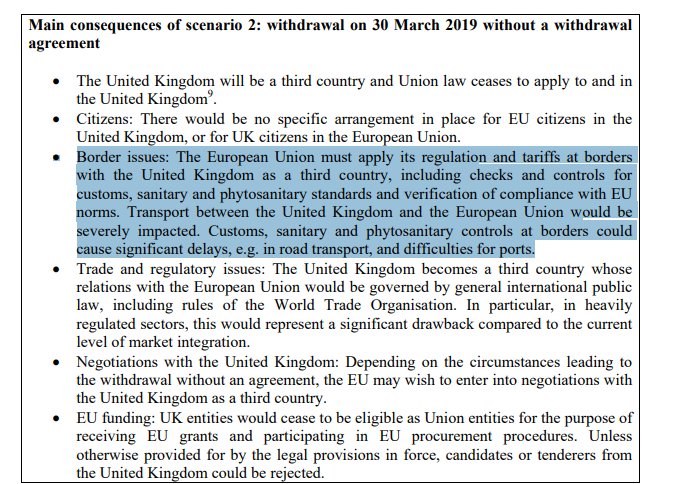#INSAR2019
#INSAR2019
#INSAR2019
Vulnerable population, loss of opportunity, trauma, health (malnutrition), migration/unaccompanied minors. maltreatment, sexual violence, child solders, & war toxicity/environmental degradation & long-term effects.
#INSAR2019
#INSAR2019
#INSAR2019
#INSAR2019
#INSAR2019
Says need to engage autism communities and maintain communication (e.g., need to take ownership as an international community)
#INSAR2019
We need more research in to how emergencies affect #autsitic people, including resilience. But we don’t have/need to develop the infrastructure for IRL supports.
#INSAR2019
youth/adolescents with DDs are highly vulnerable group, and can get lost to follow-up, BC most UN etc. goals are focused on young kids.
What to we need to do?
#INSAR2019
#INSAR2019
To better support/aid people with autism and DDs in humanitarian emergencies, we need to identify priority gaps and action plans in the areas of:
Research
Clinical
Training
Advocacy
Policy
#INSAR2019
#INSAR2019
#INSAR2019
#INSAR2019
#INSAR2019
#INSAR2019
#INSAR2019
Need coordination in different levels of gov’t. Need cultural adaptation and tools.
Need database of communication between orgs, to address gaps & prevent duplication of work.
#INSAR2019
#INSAR2019








